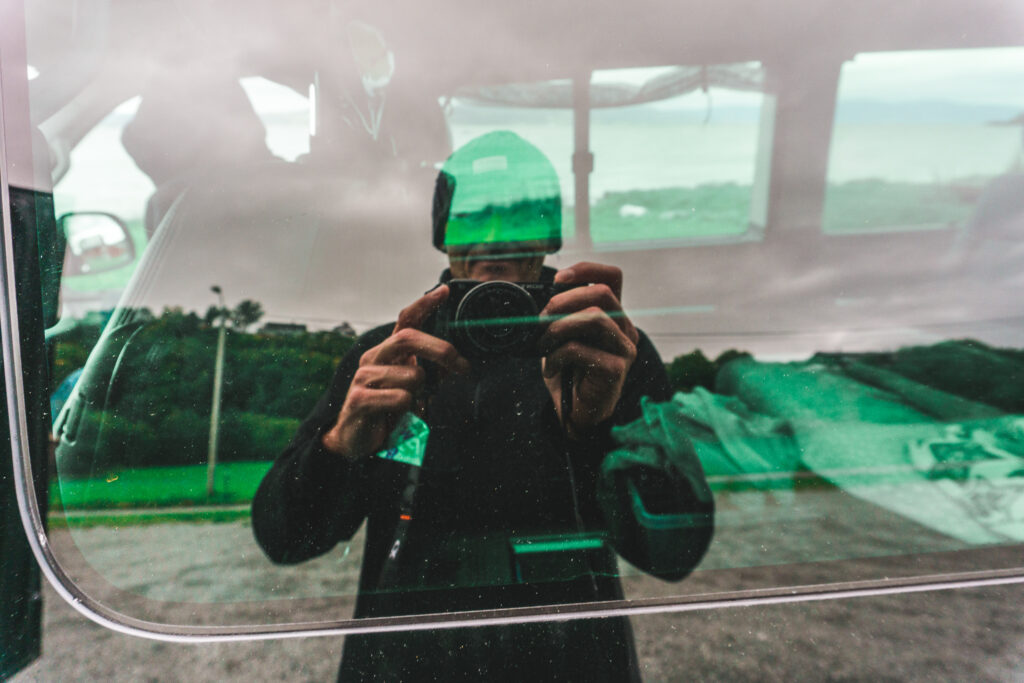Unveiling a Author's Beginning
Unlike many other authors, I can pinpoint precisely when I became a writer: September 19, 2001, just a few days after the Twin Tower tragedy. On that day, I completed my story about Lebanon. I had nobody else to show it to but my sister. Her words resonated deeply with me:
“Very powerful, Knut. But you should publish it. Others could benefit from reading it.”
From that moment on, my path was set, although I was immediately overcome with fear. Fear of rejection, fear that people wouldn’t believe the experiences, fear that it was poorly written, and so on. I published the book, but it would take a long time before I realized that writing was the only thing I could do.
The Journey of Book Launches
In the early days of book launches, I was invited to radio shows, TV appearances, and countless libraries and bookstores. It was pleasant but exhausting. At these events, I often encountered people who knew more about my books than I did myself. Elderly ladies with eyes reminiscent of Miss Marple would inform me that they had better murder methods than the ones I could imagine. (It’s usually these same old ladies who, if they have me alone, would quietly ask if I have ever killed people.
“With a background as a soldier… you know…vink, vink…”)
En route to these meetings and during them, whether with taxi drivers, bus drivers, fellow passengers on trains or planes, the elderly ladies, my friends, your friends, colleagues, and even those who, for some reason, see you as an enemy— they all have one thing in common:
They have a book inside them. They have stories they would love to tell. And they are absolutely right.
It would be fantastic to read their stories.
The Power of Storytelling
The American author Po Bronson expresses it so simply (and yet so complexly):
“We are all writing the story of our life. We want to know what it’s ‘about,’ what are its themes and which theme is on the rise. We demand of it something deeper, or richer, or more substantive. We want to know where we’re headed—not to spoil our own ending by ruining the surprise, but we want to ensure that when the ending comes, it won’t be shallow. We will have done something. We will not have squandered our time here.”
Conclusion
In the tapestry of life, each of us holds a thread, weaving our unique narratives. Embracing the power of storytelling not only enriches our own lives but also connects us on a profound level, reminding us that every individual carries within them the potential to craft tales that resonate with others. So, let us continue to share our stories, for they hold the essence of our humanity.
